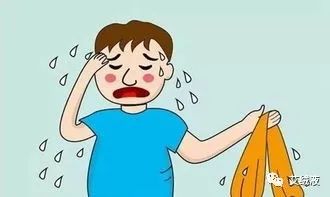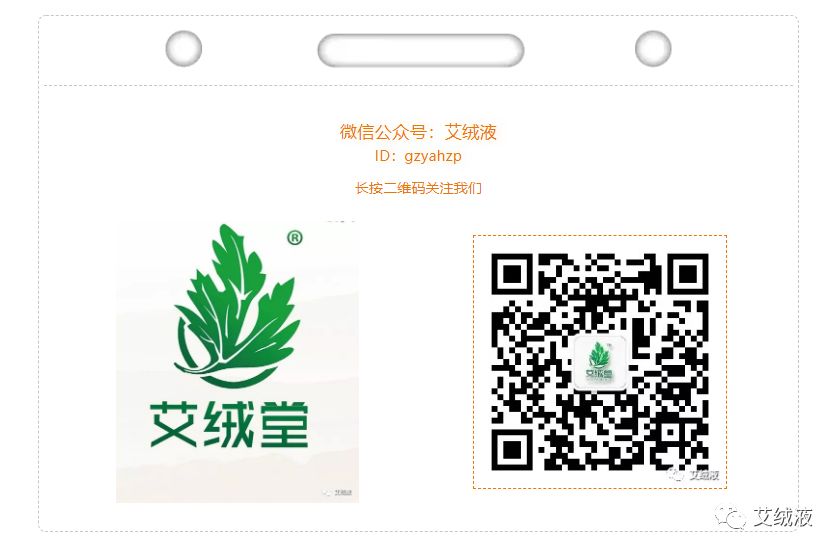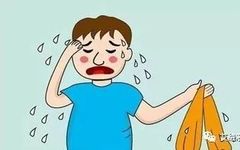
♦ As the most balanced constitution, how should individuals with a平和体质 (pinghe tizhi, harmonious constitution) maintain their health?
♦ How should individuals with血淤体质 (xue yu tizhi, blood stasis constitution) adjust their lifestyle and diet for better health?
♦ Before the body deteriorates, there are several signals to watch for; these phenomena should not be ignored.
Keep艾绒堂艾绒身体护理液 (Ai Rong Tang Ai Rong Body Care Liquid) at home
Easy to use, convenient to carry, and simple to apply
艾绒堂艾绒身体护理液 is your home “guardian”
For external use only, do not ingest
This product is not a health supplement
This product is not a medicine
Cannot be used as a substitute for medication
No therapeutic effect
气虚体质 (qi xu tizhi, Qi deficiency constitution) refers to a decline in the functional capacity of the body’s organs, commonly manifested as being underweight or overweight, easily fatigued, short of breath, palpitations, prone to spontaneous sweating, poor immunity, frequent colds, and difficulty recovering from illness. Symptoms vary depending on the specific organ affected by Qi deficiency, such as心气虚 (xin qi xu, heart Qi deficiency),肝气虚 (gan qi xu, liver Qi deficiency),脾气虚 (pi qi xu, spleen Qi deficiency),肺气虚 (fei qi xu, lung Qi deficiency), and肾气虚 (shen qi xu, kidney Qi deficiency).
心气虚 (Heart Qi Deficiency)
Heart Qi deficiency often presents as chest tightness and shortness of breath, even with minimal exertion, such as climbing two flights of stairs, leading to sweating and breathlessness. Other symptoms include palpitations, night sweats, fatigue, and unstable pulse.
肝气虚 (Liver Qi Deficiency)
Liver Qi deficiency typically manifests as eye fatigue, with discomfort occurring shortly after using the eyes, accompanied by dizziness, blurred vision, and unclear thinking.
脾气虚 (Spleen Qi Deficiency)
Spleen Qi deficiency is often characterized by poor appetite, minimal food intake, abdominal distension, and loose stools. This can lead to insufficient Qi and blood, which may present as a pale complexion. The spleen governs the muscles, so Spleen Qi deficiency may also result in soft muscles, loose skin, and a lack of elasticity, giving a generally lethargic appearance.
肺气虚 (Lung Qi Deficiency)
Individuals with lung Qi deficiency often have a low voice and shallow breathing. The lungs govern the skin and hair, and their ability to regulate the pores is closely related to lung function. Lung Qi deficiency can lead to poor adaptability to environmental changes, often resulting in sensitivity to cold in winter and heat in summer.
肾气虚 (Kidney Qi Deficiency)
Kidney Qi deficiency is a type of kidney deficiency. Insufficient kidney Qi can lead to decreased reproductive capacity, often presenting as shortness of breath, spontaneous sweating, premature ejaculation, incomplete urination, clear and prolonged urination, and weakness in the lower back and knees. In women, it may also manifest as clear and thin vaginal discharge.
How to Nourish Qi Deficiency Constitution
Individuals with Qi deficiency should consume foods that nourish blood and Qi and are easy to digest, such as红枣 (hong zao, red dates),山药 (shan yao, Chinese yam), and粳米 (jing mi, japonica rice); they should avoid spicy, raw, cold, and greasy foods, such as西瓜 (xi gua, watermelon),苦瓜 (ku gua, bitter melon),鸭肉 (ya rou, duck), and香蕉 (xiang jiao, banana).
Moderate exercise is essential for maintaining a healthy body. The best way to promote health is through appropriate exercise. After exercise, metabolism and blood circulation increase, effectively preventing obesity and reducing the risk of cardiovascular diseases. Qi deficiency often leads to soft muscles and fatigue, so low-intensity, high-frequency exercises are recommended, avoiding intense workouts. Suitable activities include walking, cycling, and swimming.
(This article’s content and some images are sourced from the internet. If there are any copyright issues, please contact for removal)




